
Microsoft Developing AI Super Resolution Upscaling for Windows 11
Microsoft is planning to bring its AI-powered Super Resolution upscaling technology to Windows 11, incorporating the upscaler into various non-gaming applications.

Microsoft is planning to bring its AI-powered Super Resolution upscaling technology to Windows 11, incorporating the upscaler into various non-gaming applications.

Topaz Labs' Gigapixel is one of the best applications available for upscaling images. Now, it should be even better, thanks to the largest update to the program that Topaz Labs has released in over a year. Users will see a range of improvements, including a fresh UI and, not surprisingly, upgrades to the AI engine.
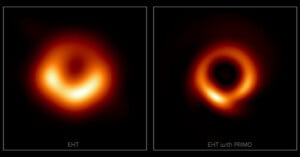
A team of researchers has developed a machine-learning technique to give the first-ever image of a supermassive black hole a new, sharper look.
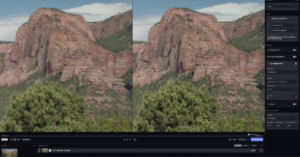
Topaz has released Video AI v3.0, which it claims is a wholly rebuilt version of the software that features a new stabilization model, smarter workflows, and improved video enhancement capabilities.
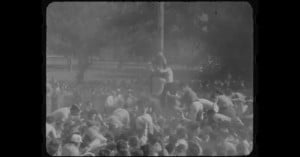
Fox Archives is planning to digitize and upscale half a million hours of historical footage from videotape and film and has released a high-definition video of a summer camp from 1936.
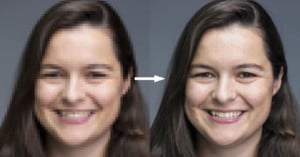
Photo enhancing in movies and TV shows is often ridiculed for being unbelievable, but research in real photo enhancing is actually creeping more and more into the realm of science fiction. Just take a look at Google's latest AI photo upscaling tech.
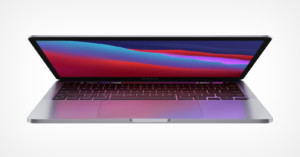
Adobe has shipped the first version of Photoshop that can run natively on Macs equipped with Apple Silicon and also has announced a new feature for Adobe Camera Raw (ACR) called "Super Resolution" that is available today.

Pixelmator Pro just released a new tool called "ML Super Resolution": a machine-learning-powered feature that "makes it possible to increase the resolution of images while keeping them stunningly sharp and detailed." In other words, the real-world equivalent of all those movies where someone yells "Enhance!" at their computer screen.
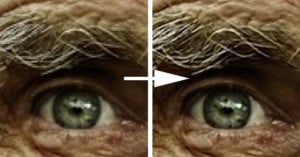
Google scientists are brewing technology that could one day help you to "enhance!" photos with sharper results than current software on the market. Called RAISR, the system uses machine learning for intelligent upscaling.

Upscaling a photograph always means trading resolution for size. And while Photoshop's "preserve details" scaling does a pretty good job, there's a freeware program called "A Sharper Scaling" that can do it even better.